Norway Leads the Charge Towards an All-Electric Future
What the UK can learn from Norway’s world-leading switch to electric vehicles.

.jpg)

Norway is on track to become the world’s first all-electric vehicle (EV) nation, a dream many countries have only envisioned. In 2024, nearly 90% of all new car sales in Norway were electric, a staggering achievement that highlights the country’s commitment to sustainability.
This progress didn’t happen overnight. It’s the result of years of strategic policies, including VAT exemptions on EVs, free access to toll roads, and increased taxes on petrol and diesel vehicles. The Norwegian government has set a goal for all new car sales to be zero-emission vehicles by 2025; this is not a legislated ban but an aspirational target supported by incentives and infrastructure development. Norway’s extensive EV charging infrastructure, with over 30,000 public EV charging points, has been instrumental in achieving this goal.
How the UK Is Closing the Gap
While not yet at Norway’s level, the UK is making significant strides in its journey towards electrification. In 2024, battery electric vehicles (BEVs) accounted for 19.6% of new car registrations, totalling nearly 382,000 units — a record high. However, this fell short of the mandated EV sales target of 22%.
To accelerate the transition, the UK government has introduced a Zero Emission Vehicle (ZEV) mandate, requiring automakers to meet increasing annual quotas for EV sales, with the goal of reaching 80% by 2030. Additionally, over £500 million has been allocated for EV charging infrastructure projects, supporting the growing demand for accessible charging solutions nationwide.
Europe’s Drive Towards Sustainability
Europe as a whole is stepping up to the challenge of electrification. Many countries, including Germany, France, and the Netherlands, have announced plans to ban the sale of new petrol and diesel vehicles by 2030 or 2035. The European Union’s stringent emissions regulations push automakers to fast-track their EV production plans.
Despite these advancements, challenges persist. Germany, for instance, saw a decline in EV deliveries in 2024 due to shifting incentives and supply chain issues. However, Europe remains united in its ambition to lead the global charge towards a greener future. Investment in EV charging infrastructure across the continent is accelerating, ensuring that accessible and reliable charging solutions support the switch to electric mobility.
Challenges and Opportunities on the Road to An All-Electric Future
While the momentum is undeniable, significant challenges remain. For some, EVs can be more expensive to run, particularly for those relying on public charging, where costs can reach 80p per kilowatt hour. This can make EVs comparable in running costs—or even more expensive—than petrol or diesel vehicles for drivers without access to home charging options.
On the other hand, EVs present significant opportunities. Charging at home, particularly on off-peak electricity rates, makes running an EV much cheaper than a petrol or diesel vehicle. EV charging installation for residential and commercial properties is making this more accessible, helping drivers save on costs while enjoying the convenience of at-home charging.
Innovations in battery technology, such as solid-state batteries, enhance affordability, efficiency, range, and charge speed. Meanwhile, major investments in EV charging infrastructure are making charging more accessible, with rapid hubs emerging along motorways and in urban areas.
Additionally, financial incentives like grants and tax breaks drive adoption, while businesses electrifying their fleets can lower operating costs and enhance sustainability. With increased access to EV charging points, both individuals and businesses are better equipped to transition to an electric future.
Take Action: Embrace the Electric Revolution
Norway’s success story proves that the dream of an all-electric future is achievable with the right policies and public support. The UK, and Europe, are following closely, with ambitious goals and growing EV charging infrastructure paving the way.
Are you ready to join the electric revolution? Voltari is here to help. With our expertise in EV charging installation and EV charging points, we can guide you on your journey towards a sustainable, electric future. Contact us today to learn more about how we can support your transition. Together, we can drive change.
Contact Us
For more information about any of our services, to talk through your requirements or to get a quote, get in touch - we'd love to hear from you!
.jpg)

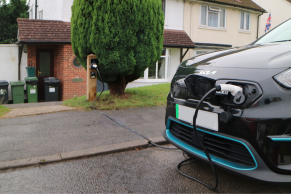
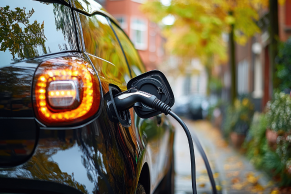

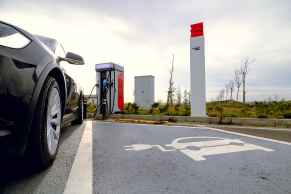
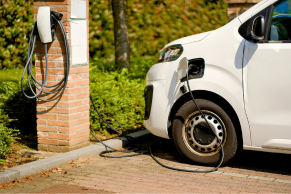
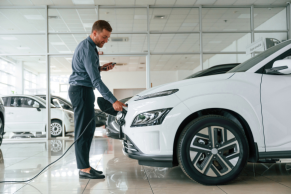
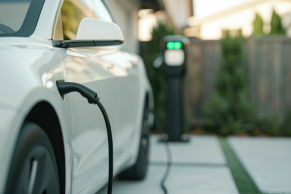


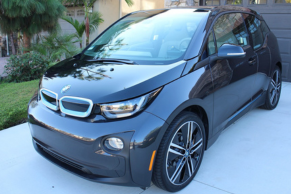
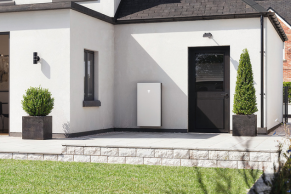

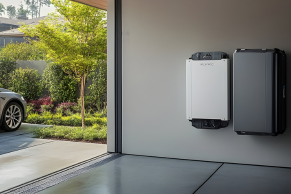

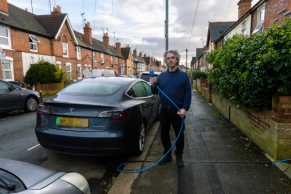
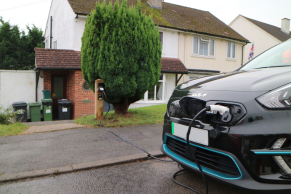
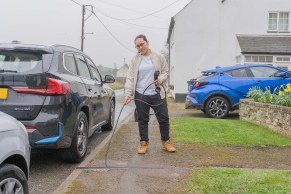




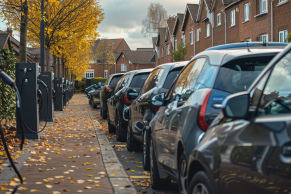




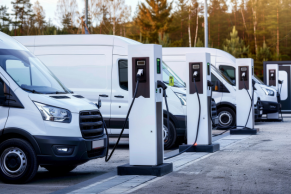







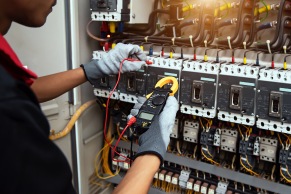




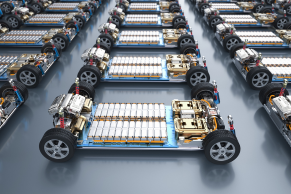


















%20(1)%20(1)%20(1)%20(1)%20(1)%20(1)%20(1)%20(1)%20(1)%20(1).png)
